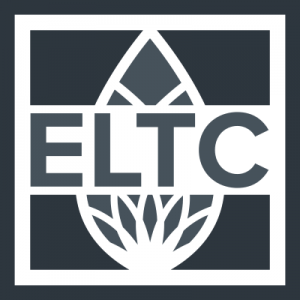What does Fiduciary Mean?
A fiduciary is someone who has a legal obligation to take care of someone or something. The fiduciary may have be named, appointed or self-motivated to handle the issue(s), which could be financial, ethical or even over health or other personal matters.
What types of people are considered legal fiduciaries?
The list can get pretty long, but the most common fiduciaries are Personal Representatives (i.e. Executor/Executrix etc.) of an estate, General Durable Power of Attorney, Health Care Power of Attorney, Guardian, Trustee and Trust Advisor.
Do I want to be a Fiduciary?
It really is an honor to be named as a Fiduciary in that it means that someone must trust and respect you a lot! You are being put in a position to take care of a matter that someone else can’t or shouldn’t. Having said that, being a fiduciary can be a difficult job in that you are taking care of someone else’s finances or person as if it or they were your own. Though that may seem an easy task, especially if you are a responsible person to begin with, it can get complicated when other people, and potentially the Court, are watching and especially if those watching are also benefitting (or not benefitting and getting cranky) from your decisions.
Who do I pick to be a Fiduciary?
Someone you trust!!! And preferably someone as or more healthy and a bit younger than you if possible. These qualities are not always available so having a list of a few people can help. Also, including backup provisions in case you don’t have anyone at this time or if we “run out” of people on your list can come in handy. It may also save time and money rather than having the Court appoint someone.
The bottom line is, that at some point, you may need help handling your affairs, your estate or the legacy you would like to leave your family or community.
Please spend some time considering who you really do trust – it may or may not always be a family member. Consider how the person interacts with others, thinks about the world now and in the hereafter and how responsible they are with their own family and “village.” The more closely you are aligned with the person you are choosing, the better chance your affairs will be handled in a way that you would be proud to leave in their hands. In addition, by being closely aligned in practice and philosophy with your named fiduciary, their endeavors on your behalf will likely to come up against less resistance from those who are benefitting from their services, including yourself.


